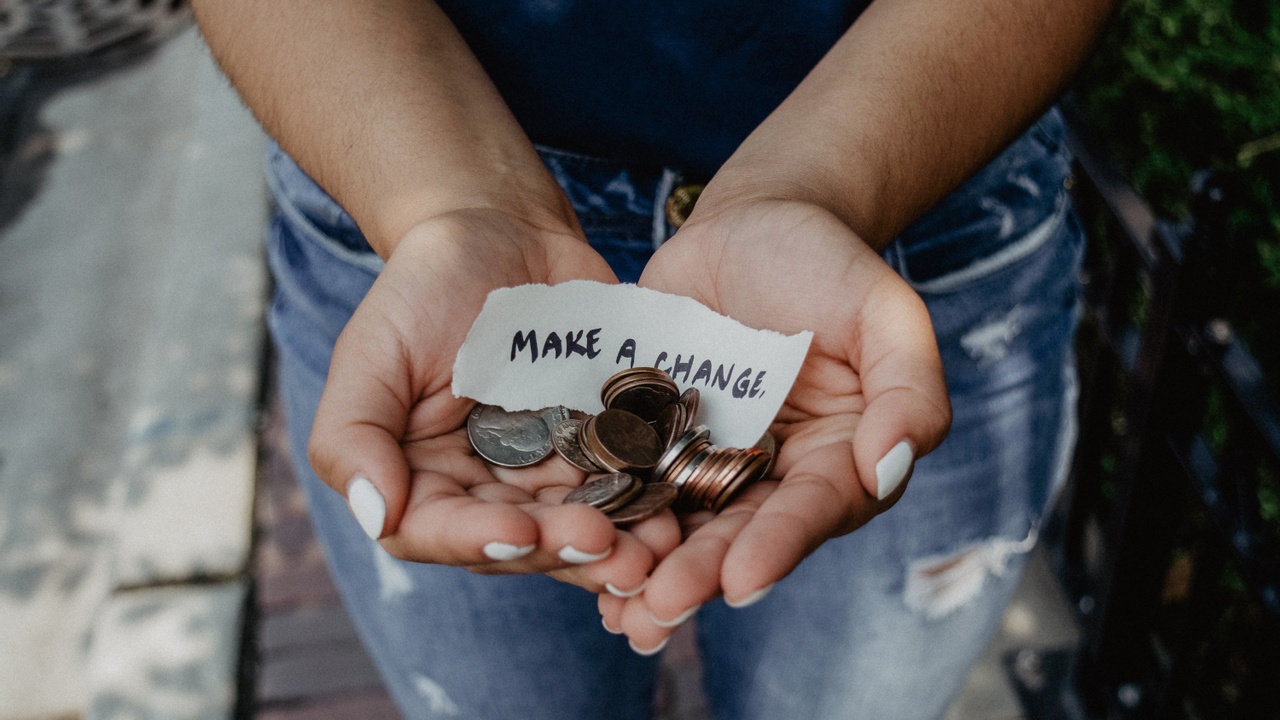SoundCloud To Roll Out "Fan-Powerered" Royalty Structure

SoundCloud Music is breaking new ground in the music industry.
It's not secret that streaming services have changed the way we consume music.
It has also drastically switched the way artists get compensated for the music they release, through royalty distributions off their streams.
For independent artists who can't compete with the streams of big time artists like Drake, Rihanna, Ariana Grande, The Biebs or The Weeknd, it can be a daunting world to try to make a living in.

Especially when as an artist you're making pennies on streams. Artists don't really fairly benefit from actual listening habits of their biggest fans, no matter the major music service they use.
So what is SoundCloud doing? Changing the royalty rules.

Fans and their favorite artists will be more fairly supported by directly getting their monthly royalties based on minutes of listening.
With user-centric royalties they are moving the needle in the right direction----but is it enough?
On April 1, SoundCloud is rolling out what’s known as a "Fan-powered royalties" model.
This new method of getting artists paid their royalties is counter to the industry norm and setting Soundcloud apart as a music company.
What does this mean for independent artists?
Right now, major players like Spotify benefit the biggest mainstream artists.
Launch Of Fan-Powered Royalties Difference Example
Let's run a quick example to compare niche artists to mega stars backed by major labels.
Artist A has a powerful connection to their fans but it's a small fan-base.
Artist B has way more listening time on a major streaming service like Spotify and Apple Music because they have deeper connections to major record labels in our modern music industry.
Without a music ally, it's only a matter of time until Artist A misses out on royalty payments because they go into a giant pool.
There aren't currently equitable payouts in the artist community because SoundCloud is in a way the first music ally for indie artists, setting up a new structure--benefiting rising independent artists.
In our example, Artist B wins in the long run because majority of artists are like artist A, small and independent.
The stream money gets divided among those in this giant bucket of artists, but the artists at the top of the food chain in the ecosystem of artists thrive and the rest survive as they essentially give a penny to artists who are not massive, when compared to the checks for the big dogs on campus.

The artists royalties in Spotify gets put into a pool and the artists with most listens win the most.
User-Centric Royalty Model
In this new user-centric model, subscribed fans know that their subscription and advertising revenue is going to support the artists they love. So yes, this new model is a good step forward, but I wouldn’t pop champagne yet.

It’s clear that this new approach to royalty distribution is more helpful for independent artists and is more fair. The problem is that right now it’s only SoundCloud.
Unless big players like Spotify change the way they do things, it won't have too much immediate effect. There’s not much hope right now for a big culture shift soon.
Spotify has about 35% of the market share in the streaming world.
Connection Between Artists and fan
Distributing your music through CD Baby or another distribution company is still crucial. It gains your music global discoverability. We don't know yet how impactful this shift will be.
But at this point, I wouldn’t buy into all the hype and lose your head in the clouds. This change will require not only educating fans, but also some extensive artist education.
Maybe the independent artist community will rise up and start an artist education campaign to help spread the word, but it's too soon to tell.
Continue to make your music business worldwide using the effective resources surrounding digital music services and use the music streaming service tools and the music streaming platforms that makes the most sense for you and your fans.
Overhaul of Royalties
SoundCloud is one of our industry partners now in a way. We independent artists are the exact artists they are hoping to win the support of with this redistribution of royalties.
They are helping change the economics for artists on a small scale with their royalty rate structure. I can say that it will be up to every music ally's moves, to see what the future of music truly looks like.
We could see independent artist earn record revenues as things keep getting better as we move away from pool royalty payments to now fan-based royalty payments.
Let's hope for the best, but not move in a way that we think everyone in the big leagues is suddenly going to jump on board all of a sudden.
But as Bob Dillon said, "Time's they are a changin"




